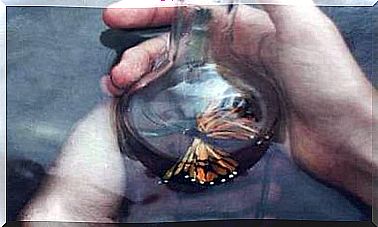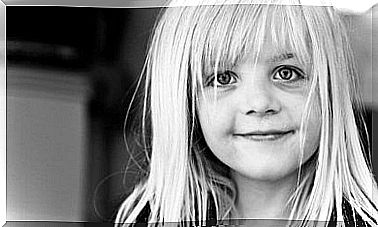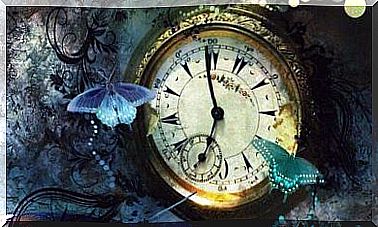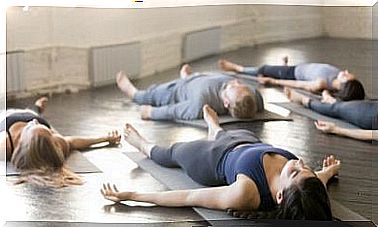How Can Martial Arts Make Us Better People?
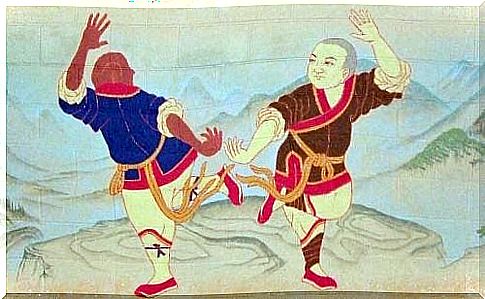
Martial arts is actually a spiritual practice. It may seem contradictory. How is it possible that skills and techniques that are actually designed for martial arts, at the same time clear the path for personal development? However, if we look at this from the right point of view, we can learn to see it.
The mind rules over everything. This is a fundamental principle in the martial art. The body is only able to learn certain skills if we train our mind well beforehand. Ideals associated with growth and peace (both internal and external) guide this practice.
Within the martial arts it is assumed that the main battle takes place against ourselves and our limitations. Training in this case is about self-knowledge and overcoming that which suppresses our potential. Each new achievement is the result of an inner process that will eventually bear fruit.
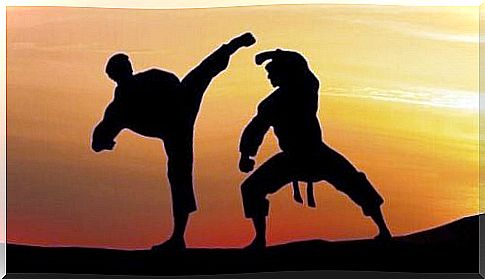
The history and legend of martial arts
We don’t really know the origins of martial arts yet. We only know that since mankind has been made up of different groups, there have been wars as well. The exact moment when martial arts originated cannot yet be determined.
However, in China there is a legend about this. According to this legend, an Indian monk named Bodhidharma came to southern China around 475 AD. He spent 9 years meditating in a cave. Leaving this cave behind, he found a Shaolin Monastery. He was immediately shocked by the terrible condition of the monks who lived here.
They meditated continuously, but forgot to take care of their bodies. Bodhidharma therefore created a regimen of exercise for them. However, the idea behind this was not just to improve their physical condition. They were also supposed to learn to defend themselves against bandits, because the area was full of them. The regime gradually evolved into what is now known as martial arts.
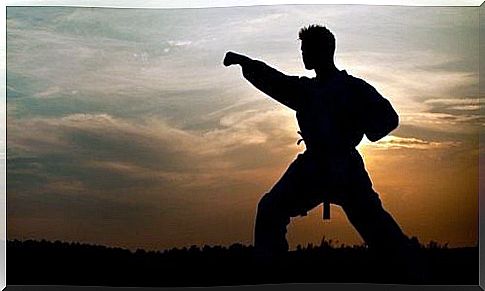
Philosophy of martial arts
The real value of studying martial arts is not learning fighting skills. It is about the learning process about inner virtues. In this world we only learn physical skills after spiritual development. Only when you have reached a certain level, you can really master these body skills.
Every technique and every movement is associated with the practitioner’s inner experience. For example:
- The legs and feet represent energy pathways. These possess both creative and destructive powers.
- The hands and arms have to do with intuition, dynamics and balance.
In martial arts, struggle is an extreme situation in which one’s true potential is revealed. The learned values and skills are applied in practice with one ultimate goal: to stay alive. Not only yourself, but also people you may be trying to protect in such a situation.
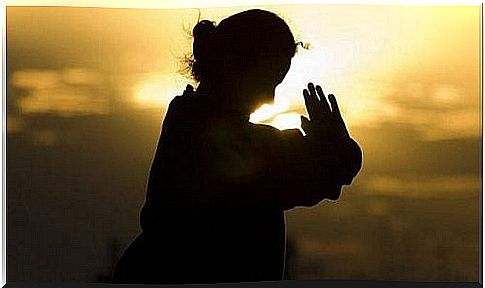
Spirituality and Zen
Although different types of martial arts emerge, most traditional forms also incorporate Buddhist Zen into their training. This symbolizes a search for a key that fits the lock that connects us all. It is also a continuous practice in putting aside all manifestations of selfishness. These can be thoughts, but of course also actions.
Zen in martial arts is based on 4 levels of sensation and action:
- Control over external objects. The purpose of this is to neutralize the effect of objects on our consciousness. That way they can’t influence us.
- Control over the physical body. This involves training the body to obey the mind under any circumstance.
- Control over emotions. Its purpose is to achieve inner balance through the practice of meditation.
- Rejection of the ego. This is the hardest lesson. It involves completely forgetting yourself, letting go of bonds and limitations.
As you can see , martial arts helps its practitioners to grow and become more complete. In today’s world, practicing this doesn’t mean you have to be a hermit. So you don’t have to hide from the outside world in this process. However, it could be an interesting solution for people who do not achieve the desired results with conventional psychological therapies.
